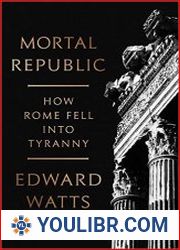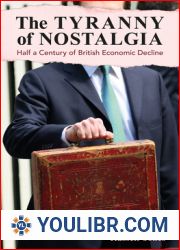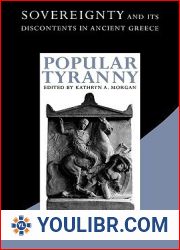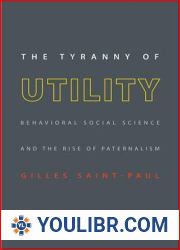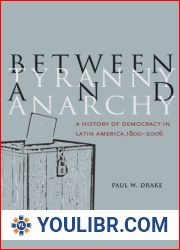
BOOKS - Tyranny under the Mantle of St Peter: Pope Paul II and Bologna (Brepols Late ...


US $6.58

295307

295307
Tyranny under the Mantle of St Peter: Pope Paul II and Bologna (Brepols Late Medieval and Early Modern Studies)
Author: Ian Robertson
Year: November 14, 2002
Format: PDF
File size: PDF 12 MB
Language: English
Year: November 14, 2002
Format: PDF
File size: PDF 12 MB
Language: English
Pope Paul II (1464-1471) stands out amongst the later fifteenth-century popes by virtue of his high concept of princely sovereignty, and his vision of the papal temporal dominions as a genuinely co-ordinated territorial state, an enduring public entity. Inevitably he clashed with the Commune of Bologna, second city of the Papal State, over which he naturally aspired to more jurisdiction. The political vision of the Bolognese regime had a narrowly local focus which precluded the sacrifice of Bolognese independence in favour of integration into a wider territorial entity, and sprang from a view of government as rightfully the private preserve of a restricted oligarchic group, from the 1440s consolidated in the magistracy of the 'Sixteen Reformers of the Regime of Liberty'. Paul II regarded the regime of the Sixteen as a 'tyranny', and declared that he did not want such tyrannies flourishing 'under the mantle of Saint Peter'. Paul II's intervention in Bolognese affairs failed to open up the restricted circle of the Bolognese oligarchy or to curb Bologna's independence in the Papal State. It did nonetheless constitute a watershed in the evolution of the Bolognese regime. Through political miscalculation, it seems, Paul was led to institute a constitutional modification which gave the long-developing predominance of the Bentivoglio family an institutional basis and opened the way for it to become more overtly 'signorial', replacing one 'tyranny' with another. However, this aggravated a long-standing tension in the regime between collegiality and despotism, and paved the way for the eventual destruction of the Bentivoglio predominance and the incorporation of Bologna into the more co-ordinated Papal State of the sixteenth-century - a result more consonant with Paul II's aims. The clash between Paul II and Bologna is ultimately one between two opposed concepts of government and 'the state'. The book's analysis of this clash wil.


















